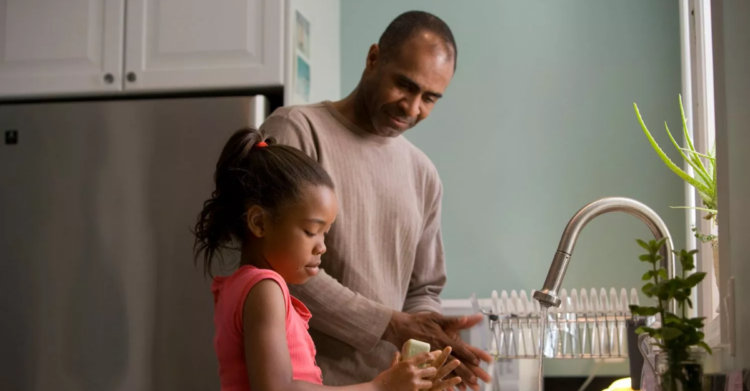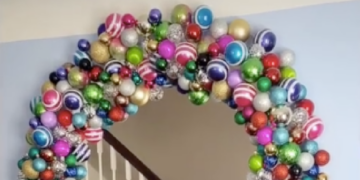Being a teacher in today’s day and age is a lot of work and stress. Between the new technology that we need to learn and the ongoing changes that occur in society, there is a lot of pressure on us to always be the “best.” While many of us are trying our best, we’re only human and sometimes we make small mistakes. But, we are always striving to make our students feel noticed and accepted while they are in our classroom.
No matter where you live, kids have different experiences and lives outside of school.

No matter what age group or where in the world you are a teacher, children have different lifestyles and different backgrounds that they bring with them into the classroom.
As a teacher, it’s our job to ensure that students feel seen and heard in the class.

Many times we may discuss topics or things that some students don’t resonate with or relate to because they have not experienced it. But, it’s our job to open their minds and see things from a bigger perspective.
The last thing we want to do is ever make kids feel secluded or unwelcome.

Making sure that we understand everyone has a different lifestyle and upbringing is the most important part of educating, especially for younger children who may not understand their differences just yet.
One of the biggest things teachers remember is that not everyone comes from the same type of family structure.

Families change from household to household and our students may not grow up in the “nuclear” home with mom and dad. Many times, students live with grandparents, aunts, uncles, older siblings, foster parents, or parents who are members of the LGBTQ+ community. Families come in all shapes and forms.
When we discuss students’ “parents” in the classroom, it’s important to keep this in mind.

Sometimes, teachers are so used to saying, “mom and dad” that we neglect this fact. One Instagram post that is now going viral from a fellow educator is reminding us all that not everyone grows up in a household with mom and dad. In fact, many don’t.
Instagram user Glenndon Doyle posted something that has struck thousands of people and truly is a great practice for educators everywhere.
Instead of saying “your mom and dad” to students when it comes to signing a permission slip or even taking a test home, Doyle suggests we say “your grown-ups” instead. It’s a subtle yet brilliant way to make everyone in a classroom feel welcome and noticed.
In all reality, it totally works.

“To all the heroes who spend their time, energy, and talent on children: Might you consider replacing references to ‘your mom and dad’ to ‘your grown-ups,'” she wrote.
The reasoning behind doing this is simple.

“That little language difference signals to little ones that all families are real and important and should be honored. That little difference can make a child feel celebrated instead of othered,” she added.
It’s a true wake-up call and a simple reminder that even the littlest things we say in the classroom can have a lasting impact on students.

Making a student feel secluded, segregated, or “othered” truly can leave a negative impact on them moving forward in the world.
As teachers, we’re the sounding board for many of their interactions on a daily basis. Making them feel accepted and seen is just one way we can help them succeed.
















































